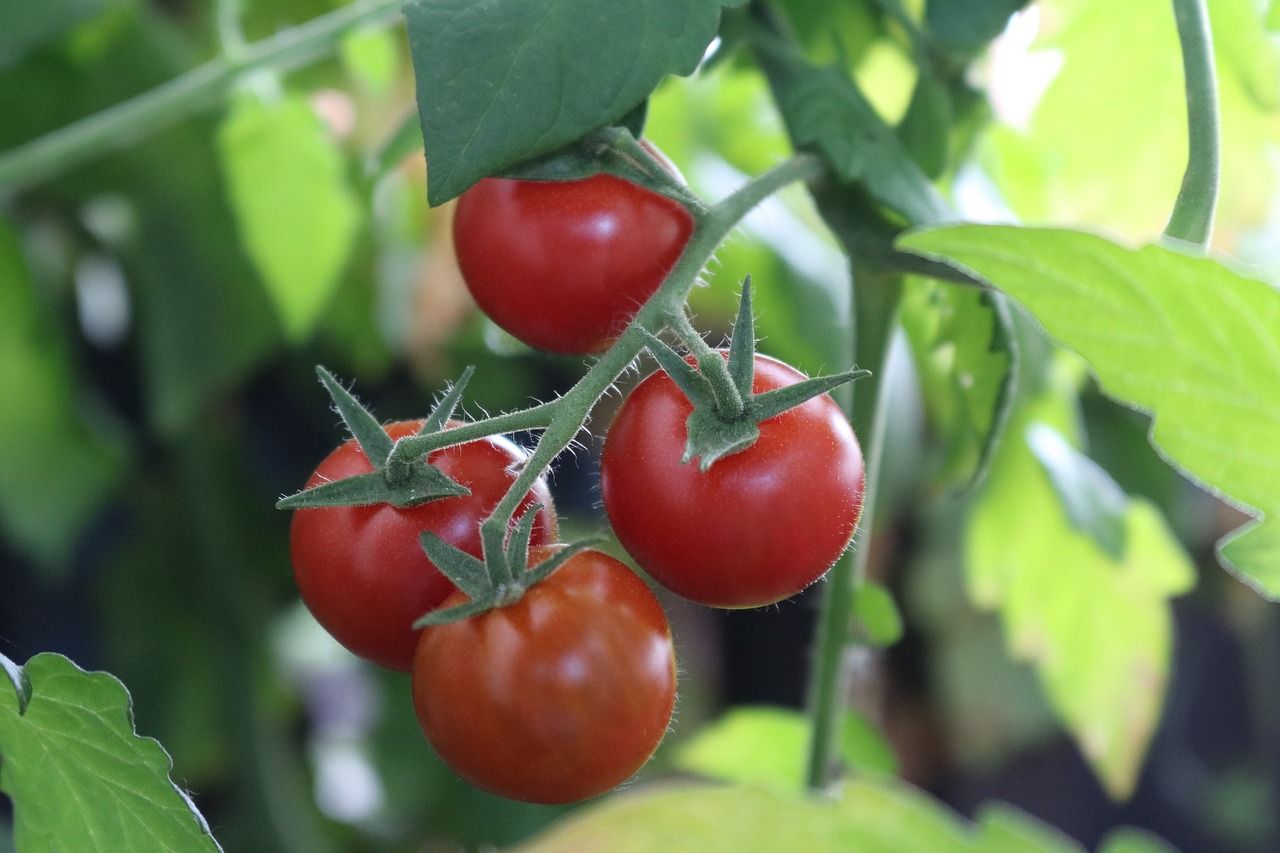TPG Alternative and Renewable Technologies (TPG ART), an arm of the $70 billion global private investment house TPG, has invested in Inocucor Technologies, a Canadian agricultural products company.
The investment forms part of the first close of Inocucor’s C$38.8 million ($29 m) Series B round, where TPG ART joined Inocucor’s existing investors Cycle Capital Management, the Montreal-based clean tech venture capital firm, Desjardin Innovatech, the venture capital group of the Canadian cooperative financial group, and food & ag-focused impact investment firm Closed Loop Capital.
Inocucor manufactures biological stimulants for agriculture using a patented fermentation process to combine multi-strains of bacteria and yeasts into soil and plant optimizers. It has two products on the market today that aim to enhance the growth of crops: Synergro, a live-cell formulation for high-value produce, such as strawberries, tomatoes, lettuce and broccoli, and Synergro Free, a cell-free bio-fertilizer for commodity row crops, such as soybean, corn, and wheat. The company is also working on manufacturing bio-control products, to replace or substantially reduce the need for chemical pesticides and other environmentally harmful control products.
Inocucor, which calls itself the ‘phyto-microbiome company’ will use the proceeds to set up a US headquarters in an as-yet-unannounced US location. It will focus on developing new products as well as scaling existing products in the market. And, the company also plans to use the proceeds to make strategic acquisitions and partnerships.
“Strategic M&A has always been part of my growth strategy in other companies over the years,” said Donald Marvin, president of Inocucor. “We will make some selective acquisitions to grow our top line and expand the business, so you can expect some of those over the next year or so as we stake out our position as a leader in the emerging specialty biologicals space.”
This is not the first time TPG ART has invested in agriculture biotechnology; it was a major investor in AgraQuest, the biological inputs startup that was acquired by Bayer Crop Science in 2012 for $425 million. AgraQuest went on to form the basis of the agribusiness’s biological products department.
The biological products market in agriculture has had a slightly chequered past with some products on the market not living up to expectations and the promise of reducing the overuse of synthetic inputs that can have a negative environmental impact such as soil health deterioration.
“The specialty ag biologicals sector is one of agriculture’s bright spots, answering the need for sustainable agriculture inputs that help growers improve yields and invigorate soil,” said Inocucor’s Marvin.
“It is still in its infancy still, though, and I think people need to weather this space as the technology gets better,” he told AgFunderNews. “We’ve moved passed the ‘snake oil’ salesman that were selling ineffective biologicals from the back of their trucks. And we think Inocucor is leading the charge because we wouldn’t have attracted TPG without having good science underpinning our IP.”
Bill Buckner, CEO of the Noble Foundation — which created the Soil Health Institute where Buckner serves as Board Chair — is not convinced that many biological products will improve soil health, although singled out Inocucor as one company that’s addressing it.
“Biologicals are really just another crop input product, designed to protect the plant during its early growth stage,” he told AgFunderNews on the sidelines of the World Agri-Tech Innovation Summit. “
For example, biologicals that are applied as solutions or seed treatments provide a favorable environment for only the seed and rootzone, but it’s got nothing to do with enhancing and building the health of the soils. To build up soil health, you need to look at the entire field with an effort to build organic matter and a biological base naturally. If you’re not careful in the use of biologicals and really don’t understand the research behind them, you could be disrupting the natural microbial environment in a negative way. Inocucor is one company that’s looking at ways to avoid that disruption and build a symbiotic relationship with existing microbes in the soil.”
Soil health is very important to Inocucor, but there’s still so much work to be done in understanding it, said Inocucor’s Marvin.
“The soil microbiome is only being touched now, and there’s lots of work to be done there,” he said. “We really need a universal diagnostic test for soil health, which the Soil Institute is working on, and that will help a long way in taking the science forward. We’ve always focused on creating our products from materials already in the food chain, so we know they’re safe for humans, animals etc, and that we’re not putting pathogens in the ground.”
TPG was Inocucor’s first choice for a lead investor, according to Marvin who added that the PE firm made his company “jump through hoops” to get there. “They have an understanding of this space, a track record, and a very global perspective so can bring loads to the table,” he said.





